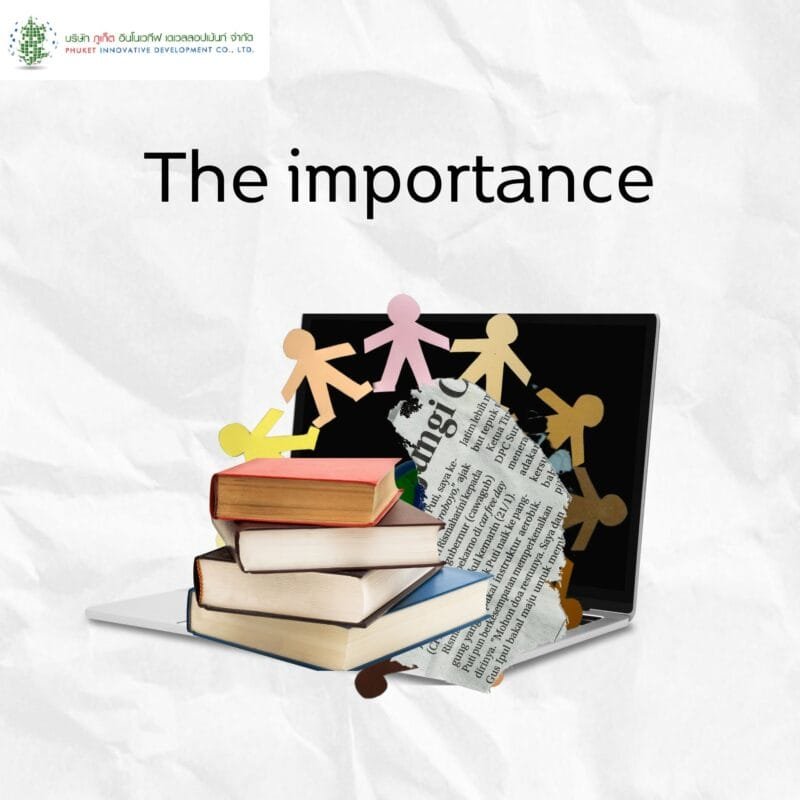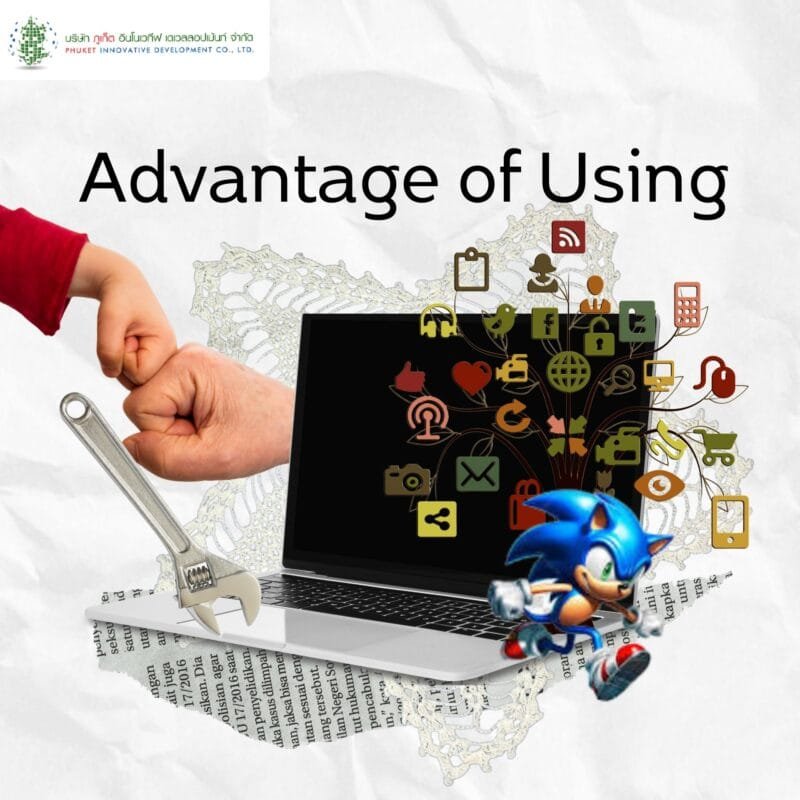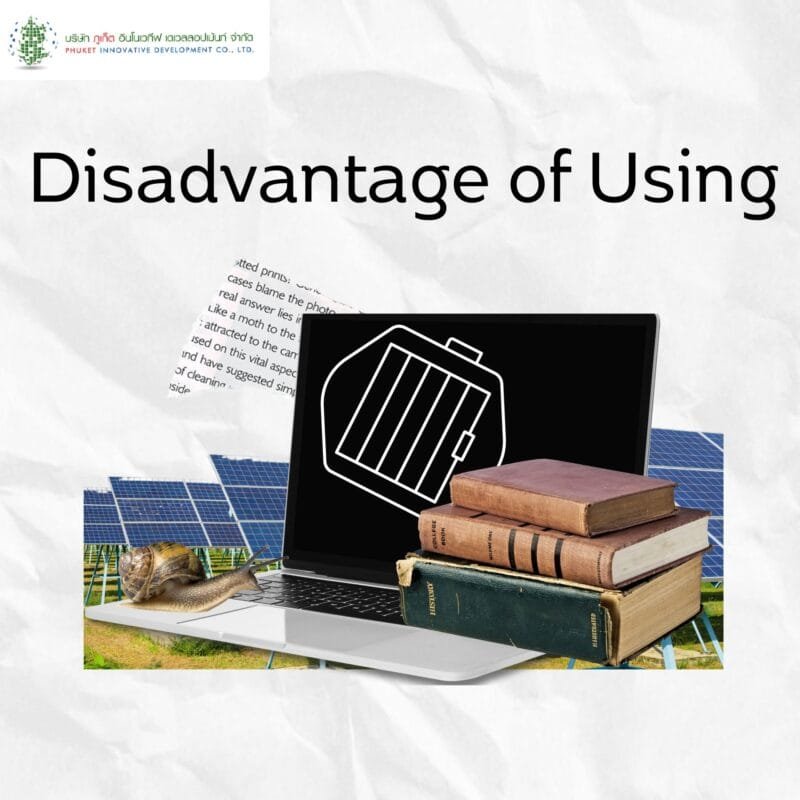
It is undeniable that E-Books have become a significant part of our lives. E-Books are not limited to books alone; they can also be used to compile various documents previously reliant on paper in multiple industries. Another crucial role of E-Books is their application in online teaching and learning at all educational levels, proving to be highly beneficial.

The Importance of E-Books
E-Books can be integrated with websites, linking content to various sections of a book and enabling interaction with learners or readers. They can include images, audio, quizzes, and allow printing specific pages as physical copies. Moreover, E-Books offer the convenience of updating content to stay current, a feature not easily achievable with traditional printed books.
Using modern media in teaching, particularly E-Books, is a resource-efficient and cost-effective technology compared to earlier methods. Currently, E-Books can be created using programs like Desktop Author, which have been widely disseminated. Additionally, software distribution and training sessions for teachers have been conducted to expand the use of E-Books among students.

Advantages of Using E-Books in Education
- Combines multiple media types: E-Books integrate features such as images, audio, video, and animations, enhancing learners’ understanding.
- Immediate online connectivity: E-Books can link directly to websites.
- Rapid and broad dissemination: E-Books facilitate fast and wide distribution of content.
- Continuous updates: Content can be revised and updated anytime, ensuring relevance and preventing outdated information from being reused.
- Environmental conservation: E-Books save paper and allow unlimited copying or sharing, reducing environmental impact.
- Quick publishing for academics and writers: E-Books enables swift and efficient distribution of written works.

Disadvantages of E-Books
- Preference for traditional formats: Many Thai people are more accustomed to paper-based media, finding E-Books less intuitive compared to printed materials.
- Energy and device dependency: Unlike printed books, E-Books require electricity, computers, phones, tablets, and internet connectivity.
- Potential delays: Large file sizes may cause delays in downloading and navigating content.
- Limited access in rural areas: Access to resources like computers, mobile devices, tablets, and internet connectivity remains a challenge in some rural areas.
- Technical expertise required: Teachers need knowledge of computer programs to update and design E-Book content, which can be time-consuming.
Despite these challenges, the integration of information technology like E-Books into education is a significant step toward national development. In the future, E-Books are expected to be widely adopted across various fields.
Source: englishgang.com
